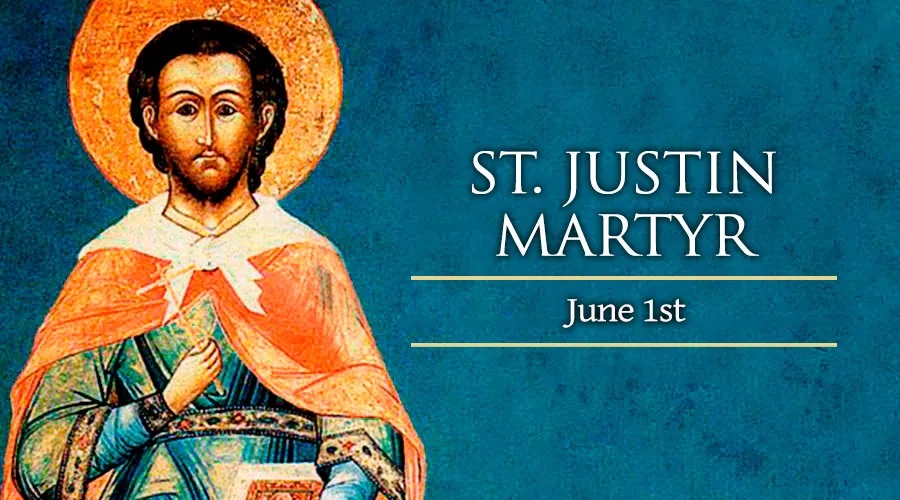
I believe that I have mentioned before that I am a big fan of Relevant Radio. For those who are not familiar with this radio network, Relevant Radio is Catholic Radio. It is filled with daily programming especially for Catholics all meant to enhance our understanding of the faith. One of the hosts has described it as National Religious Education for Catholics. You can check it out at relevantradio.com There you can find a station near you, there are prayer resources, archives of the shows, ability to download and listen offline, etc. There is also a Relevant Radio App that let’s you listen if you do not have a station near you. OK. Finished with the commercial.
The reason I bring up RR is that one of the morning shows is hosted by Patrick Madrid. He rarely has guests and spends most of the show taking calls from listeners on a variety of topics related to the faith. What he does so wonderfully is to explain and defend the Catholic faith. He is a Catholic Apologist. Now this does not mean that he tells people how sorry he is for the beliefs and actions of the Church. He is not apologizing to anyone. An Apologist defends the teachings of the Church and in the process does an amazing job educating us on stuff we either never learned or forgot that we did. He is responsible for bringing many, many people back to the faith who left because of a misunderstanding of Catholic teaching. I highly recommend a steady diet of Patrick daily.
And the reason I bring up Patrick is because of our saint for today. St. Justin Martyr. Justin was born around 100 AD in Samaria and received an excellent education in literature and history as well as developing proficiency in philosophy. He spent much of his early years traveling about the Roman Empire in search of truth, exploring various branches of philosophical thought. He came to following Plato but became frustrated with their intellectual limitations and inconsistencies.
He had an awakening when he met an older man walking on a beach. He encouraged Justin to study the Old Testament prophets, who were inspired by God, and who predicted the coming of Christ. Justin had also been attracted to Christians because of their staunch resistance to giving up their faith, even in the face of death. At the age of 30, Justin elected to be baptized into the faith. He then dove full force into learning the faith. He took this knowledge and zeal and began preaching across the Empire defending the practices of Christianity against false understandings by Jews, pagans and Non-Christian Philosophers. He put his arguments into two classic works. “Apologies” and “Dialogue with Tryphon”. In addition, he defended the faith in his writings to Roman Emperor Antonius Pius. Who, as a result of Justin’s urgings, relented and treated Christians with tolerance. However, 17 years later in 167 AD, persecution began again under the reign of Emperor Marcus Aurelius. While under arrest Justin’s writings aimed at convincing the Emperor of the truth of the teachings of the Church over worship of pagan gods and Greek philosophy. To no avail, Justin was scourged and beheaded for the faith. Earning him what some regard as his surname…Martyr.
Justin’s apologetics help to make it very clear what the Catholic Church looked like in the second century. And, not surprisingly, it looks very similar to how it appears today. Over 2,000 years later. In his writings we find mention of Sunday liturgy and of it being sacrificial in nature. He reveals the structure of prayers, readings and the reception of the Eucharist. Which he confirms as being the real presence of Christ. He discusses the advantage of celibacy in priests. He stresses that only baptized believers would receive the Eucharist. And the consecrated bread was taken to believers following the Mass, confirming that it is during the service that consecration was practiced. He also mentions a Sign of Peace and the recitation of the Great Amen.
It is through Church Fathers such as St. Justin Martyr that we can know that the Church we have now is the same Church that Christ handed over to His apostles and who hand it down to us through succession over the centuries. The Catholic Church Yesterday, Today and Tomorrow. And for that, we have nothing to apologize for.
